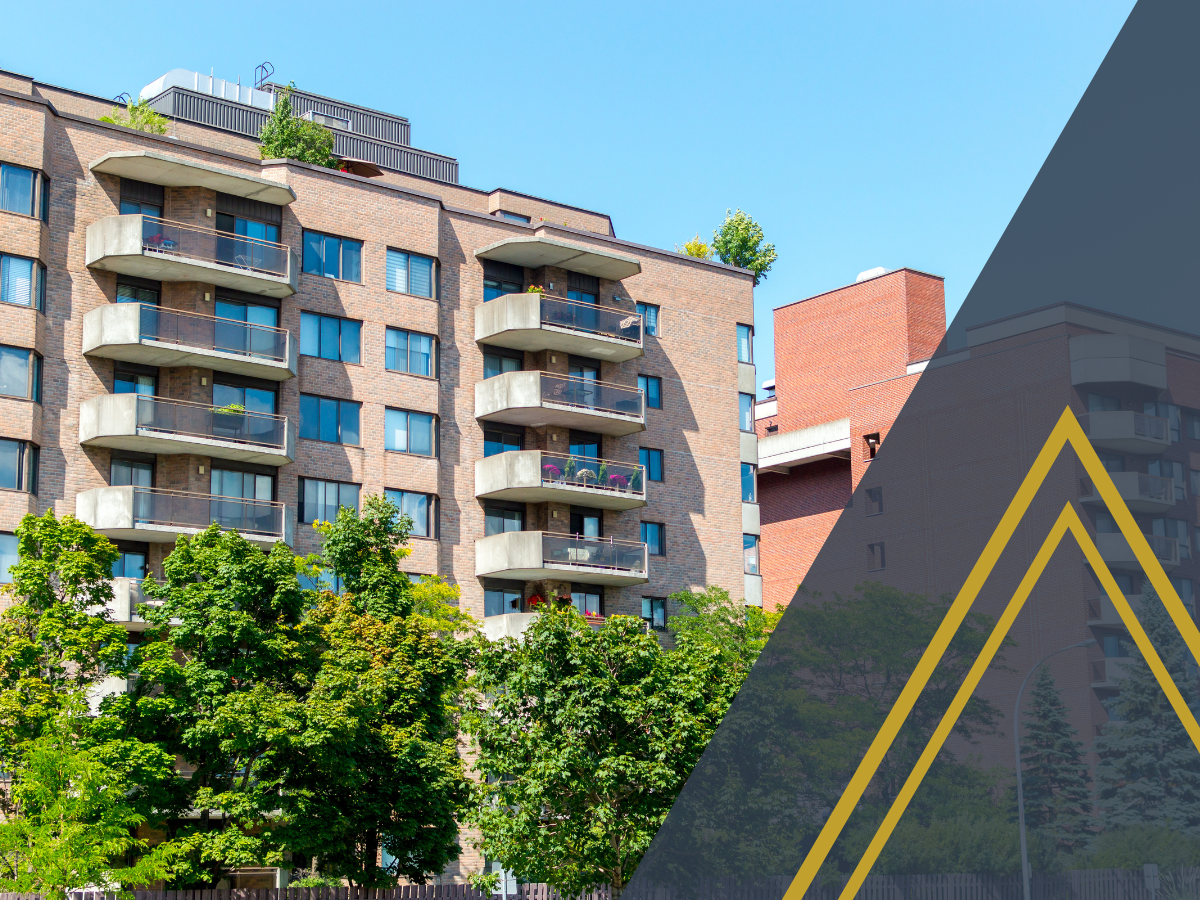Nik Luka
Associate Professor Peter Guo-hua Fu School of Architecture McGill University
Nik Luka is based at McGill University, where he is cross-appointed to two professional schools (Architecture and Urban Planning) as well as the Associate Director of the Centre for Interdisciplinary Research on Montréal. As an ethnographer, his work in research and professional practice focuses on the (re)production of everyday space, including the deliberate policy-led remaking of cities and suburbs, and he is especially intrigued by narrative, representations, text, and discourse. What sorts of stories do we tell about the complexities of human settlements and the processes by which places become ‘(sub)urban’? How do specialists and non-specialists engage with the transformations, continuities, and ruptures that come with the passage of time, notably the liminal or transitional phases ‘from’ some condition ‘to’ some other condition? How can design can act as a hinge between natural process and human culture to guide change in ways that are useful, efficient, just, and sustainable? These explorations address general themes familiar to architects, landscape architects, planners, and geographers: housing, infrastructure, public space, cultural landscapes, urban design, and deliberative democracy. Dr Luka has worked in close collaboration with civil-society organisations and state agencies on coproduction through community-based design for almost 25 years.
Among Dr Luka’s currently-funded projects are comparative critical studies of densification and other transformations of postwar landscapes (including transit-oriented development) with colleagues in Sweden and continental Europe, transdisciplinary strategies for landscape connectivity and ‘walkability’ in various contexts, a strategic partnership on scaling up deep-energy retrofit processes for housing and civic buildings, and a Montréal-focused project on ‘commoning’ in the Champ des Possibles. He also has interests in the dynamics of the rural-urban fringe (often described as ‘periurban’ or ‘exurban’ settings), including second homes and the ways in which landscape amenities affect patterns of growth and development over time.
Contact Details
Research
Review the research that they’re involved in as a researcher, community partner, or project lead.



